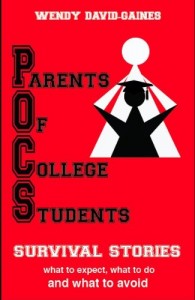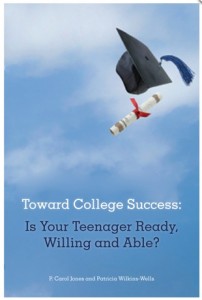 The student in your household has many schools to choose from when it comes to deciding where to attend college. And while you can definitely use college rankings and other resources to narrow down the list of possibilities, it might help to consider beforehand whether or not a public or private university is better suited to provide the coursework and degree your student needs.
The student in your household has many schools to choose from when it comes to deciding where to attend college. And while you can definitely use college rankings and other resources to narrow down the list of possibilities, it might help to consider beforehand whether or not a public or private university is better suited to provide the coursework and degree your student needs.
However, you may not necessarily know the differences that separate a public institution from a private one. For all you know, they might offer exactly the same education. In truth, it could depend largely on the school in question, but there are some general features that can help you to differentiate a public university from a private one. Here are some things you’ll probably want to consider before you push the teen in your household to apply to one or the other.
The cost vs the benefits
The first thing you’ll no doubt notice is that private universities tend to be more expensive than public ones, all things considered. This is partially because they offer a certain amount of exclusivity, not to mention everything that comes with it. However, it is noteable that many private universities offer more merit aid because of generous alumni donors. This type of funding allows private institutions to be more selective when it comes to admittance, meaning they may require a better GPA or more extracurriculars or volunteer work than the average university. As you might imagine, the payoffs of getting accepted to one of these schools can be great. Class sizes tend to be smaller so that students receive more individual attention. If your student needs a bit more supervision to stay on track, this could definitely be a benefit of choosing a private institution.
Religious affiliation
In addition, some private universities are also religious in nature. So if it’s important to you that your child continues to receive religious instruction, a private institution, and specifically one that caters to your religion, may be in order. On the other hand, you’ll almost certainly want to make sure that your choice is based primarily on the academic features the school has to offer since the main goal of attending college is to earn a degree that leads to a fruitful career. All the same, many families are drawn to private schools that offer a religious aspect, and this could definitely play a role in the university you opt to send your child to.
Academic programs
Of course, you’ll also have to consider which universities offer the most highly rated programs for the type of career your student is interested in, and you might be surprised to learn that in some cases the public institutions beat out their private counterparts. You should also keep in mind that some schools have clout or connections within specific industries, which means they’re better equipped to offer internships, job opportunities, and even job placement in some cases. For instance, Texas A&M is infamous for their engineering network and the fact that alumni Aggies tend to hire Aggie graduates. Checking these stats ahead of time could help you to determine not only which type of university is better for your student, but which schools, in particular, are preferable.
Whether your student is looking to study medicine in California or head to a Vermont law institution, you need to look into both public and private universities in order to find the school that will provide the best education and the most opportunities. In some cases a public institution can provide just what you’re looking for, and probably at less expense. But often, private institutions offer the benefits of more merit aid, small class sizes, and an extensive alumni network. That’s why it’s important for parents and students to evaluate each university separately and determine which college is the best fit.









